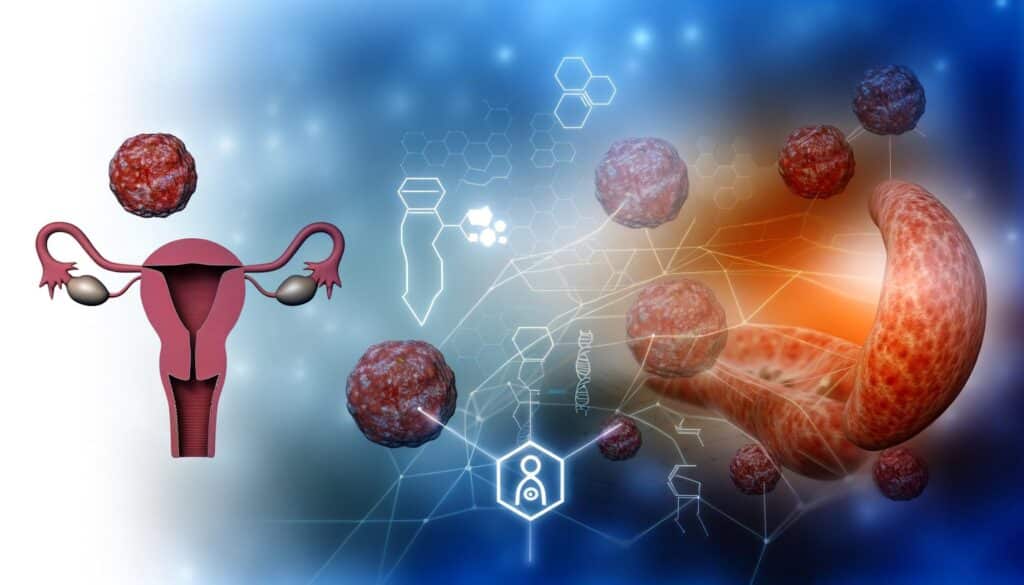Exploring Stage 1 Bladder Cancer Treatment
Treatment for stage 1 bladder cancer primarily focuses on removing cancerous cells and preventing recurrence. The standard initial treatment is transurethral resection of bladder tumor (TURBT), which involves the surgical removal of the tumor via the urethra. This minimally invasive procedure is often followed by intravesical therapy, where medications are directly instilled into the bladder to eliminate remaining cancer cells and reduce recurrence risk.
In certain cases, additional treatments may include:
- Immunotherapy, leveraging the body’s own immune system to fight cancer.
- Intravesical chemotherapy with mitomycin or BCG, which can help to target and eradicate cancerous cells.
Deciding on the right treatment plan for stage 1 bladder cancer involves careful evaluation by a specialist to tailor the approach according to individual health needs and tumor characteristics.
What is the Latest Treatment for Bladder Cancer?
Research and development in bladder cancer treatment are ongoing, with promising advancements emerging. One of the most recent breakthroughs is the use of immunotherapy, a treatment that has shown efficacy in more advanced stages of bladder cancer. Immunotherapy involves using drugs to stimulate the body’s immune system to attack cancer cells specifically. The introduction of immune checkpoint inhibitors has been a game changer, offering hope and improved survival rates for patients who may not respond to traditional chemotherapy.
Additionally, advancements in gene expression profiling allow for more precise targeting of cancer cells based on their genetic makeup. This personalized medicine approach means treatments can be more effectively tailored to individual cancer profiles, leading to better outcomes and fewer side effects.
Treatment for Bladder Cancer in Elderly Patients
Treating bladder cancer in elderly patients requires careful consideration of various factors, including overall health status, other medical conditions, and the potential impact of treatments. Age alone should not restrict access to bladder cancer treatments, and many elderly patients can tolerate and benefit from therapies similar to younger patients.
Elderly patients often benefit from a multidisciplinary approach, involving:
- Geriatric assessment to evaluate overall health and wellness.
- Customized treatment plans focusing on minimizing treatment side effects.
- Supportive care to manage symptoms and maintain quality of life during treatment.
Close monitoring and a tailored approach help to ensure that treatments are both safe and effective for older adults with bladder cancer.
The Importance of Early Detection and Regular Screening
Bladder cancer outcomes improve significantly with early detection, and regular screening is a critical component of preventing advanced disease stages. Individuals with higher risk factors, such as a history of smoking, exposure to certain chemicals, or previous bladder issues, should engage in regular medical check-ups and discuss screening options with their healthcare provider.
Emerging diagnostic technologies, including advanced urine tests and imaging techniques, are enhancing the ability to detect bladder cancer earlier than ever before. Early-stage bladder cancer often presents more manageable treatment options, underscoring the importance of vigilance and proactive healthcare practices. By emphasizing awareness and education on bladder cancer symptoms and latest treatments, patients and healthcare providers can work together towards better outcomes and quality of life.

